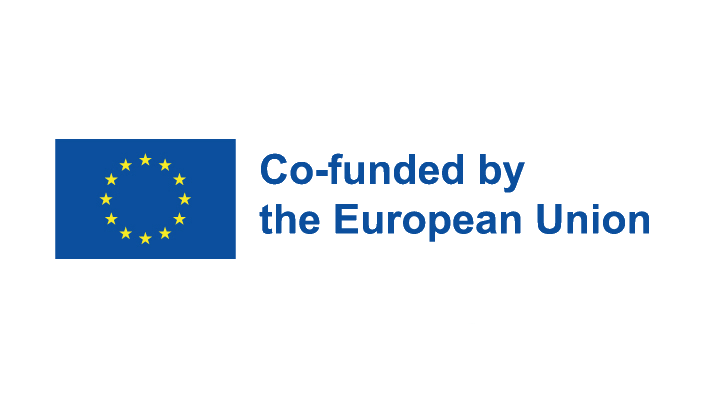The changing atmospheric composition due to human activities is already impacting ocean properties and circulation, including biogeochemical processes with a high impact on biodiversity and ecology in general.
Carbon dioxide (CO2) emissions from fossil fuel burning have one of the most significant impacts on ocean degradation. Elevated atmospheric CO2 alters the Earth’s environmental balance, leading to global-scale warming and climate change.
Considering the projected CO2 emissions (EIA's International Energy Outlook 2016 projected that CO2 emission will increase by one-third between 2012 and 2040), it is evident that the observed trends in ocean degradation will continue or even accelerate over this century. The resulting changes in seawater chemistry, termed ocean acidification, including the declining pH and saturation state for calcium carbon minerals, may have widespread impacts on many marine organisms.
The Oceanography and Environmental Modelling unit is currently the only one with such a profile in Croatia. O-ZIP realization will enable the multi-disciplinary research of the Adriatic Sea as well as other ocean ecosystems, using complex mathematical models and multisensor satellite data sets as well as their assimilation into numerical models. It effectively constitutes the establishment of an infrastructure for spatial data according to the EU INSPIRE Directive, and an important infrastructural prerequisite for association within the European initiatives based on the INSPIRE Directive, such as MyOcean and Copernicus (previously known as Global Monitoring for Environment and Security).
The Oceanography and environmental modelling unit will also serve as a test bed for the development of applications like forecasting the Adriatic Sea circulation, surface temperature and surface wave field. Such applications, when properly tested, will enable the RBI to provide consulting and services to the Government, and/or small businesses engaged in environmental protection.


